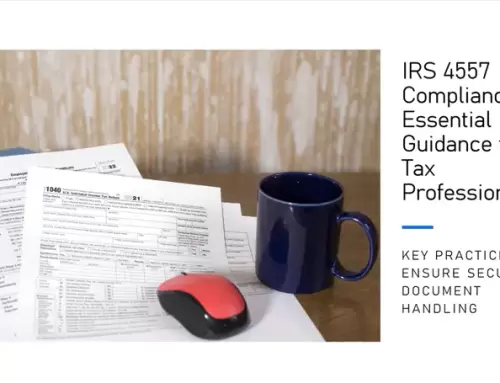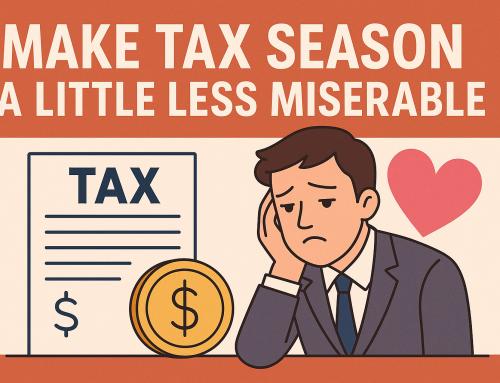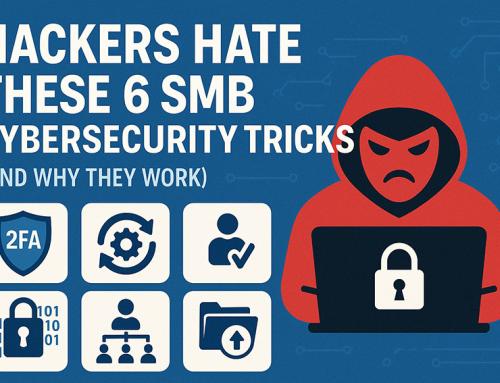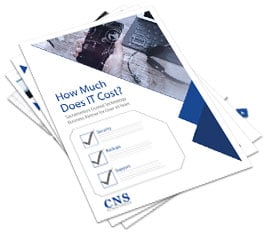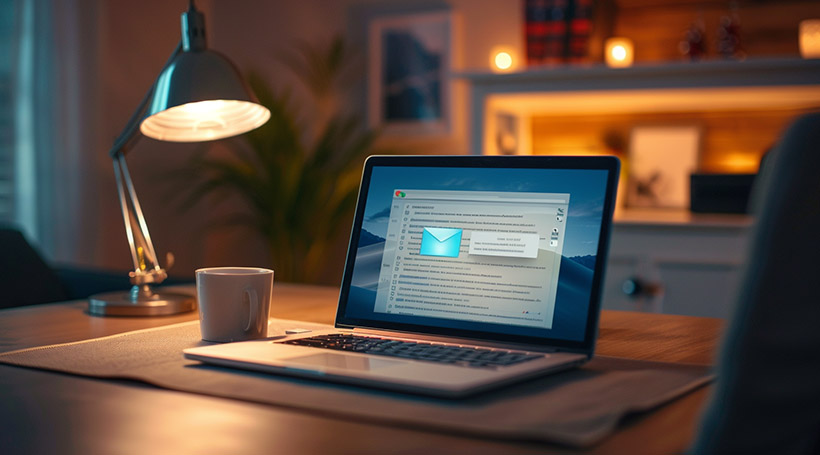
The Fake Vacation E-mail That Could Drain Your Bank Account
Planning a vacation this year? Before you get too excited, double-check your travel confirmation e-mails—they may be fake.
Cybercriminals are using fake booking confirmations to scam travelers during peak vacation season. These e-mails are made to look like they’re from reputable companies like Delta, Marriott, Expedia, or Hertz, and they’re fooling even tech-savvy users.
These scams can:
-
Steal your personal and financial data
-
Hijack your online accounts
-
Infect your devices with malware
Let’s break down how this scam works—and how to protect yourself and your business.
How the Travel Scam Works
1. A Fake Booking Confirmation Lands in Your Inbox
It looks just like the real thing. The email uses:
-
Official logos and branding
-
Realistic formatting
-
Fake but convincing “customer service” contact info
Common subject lines include:
-
“Your Trip To Miami Has Been Confirmed! Click Here For Details”
-
“Your Flight Itinerary Has Changed – Click Here For Updates”
-
“Action Required: Confirm Your Hotel Stay”
-
“Final Step: Complete Your Rental Car Reservation”
2. You Click the Link
The email urges you to log in to confirm your itinerary, update payment details, or download your reservation. But that link takes you to a spoofed website designed to steal your information.
3. Hackers Get What They Came For
Once you enter your credentials or payment information:
-
Your travel or financial accounts may be compromised
-
Fraudulent charges may be made using your card
-
Malware may be installed on your device, infecting your system or network


Why This Scam Is So Effective
-
It Looks Authentic
The e-mails perfectly mimic legitimate travel confirmations. -
It Creates Urgency
A subject line like “Your flight has been changed” triggers panic—and quick clicks. -
People Are Distracted
In the middle of work or prepping for a trip, it’s easy to miss warning signs. -
It Targets Businesses Too
If your team handles company travel, one click from your office manager or executive assistant could:-
Expose your company’s credit card
-
Compromise your corporate travel accounts
-
Introduce malware into your network
-
How to Protect Yourself and Your Business
✅ 1. Verify Before You Click
Never click links in travel confirmation emails unless you’re 100% certain. Visit the airline or hotel’s website directly.
✅ 2. Inspect the Sender’s E-mail Address
Scammers use domains like @deltacom.com instead of @delta.com. Double-check the URL.
✅ 3. Train Your Team
Educate staff—especially those handling business travel—to spot phishing emails and know what to do.
✅ 4. Enable Multifactor Authentication (MFA)
If someone steals your credentials, MFA acts as a second line of defense.
✅ 5. Secure Your Business E-mail Accounts
Use professional-grade e-mail security tools to block malware, phishing links, and spoofed domains.
Don’t Let a Fake Travel E-mail Cost You Business
Travel season is prime time for cybercriminals. If you or anyone on your team handles bookings, travel coordination, or expense reporting, your business is at risk.
Let’s protect what you’ve built.
👉 Schedule a FREE Cybersecurity Assessment today.
We’ll uncover vulnerabilities, tighten your defenses, and train your team to stay safe from phishing scams like this.

